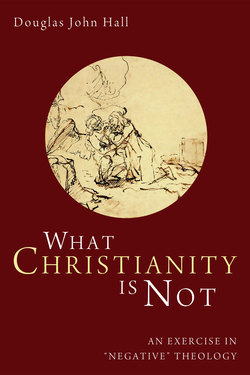Отрывок из книги
An Exercise in ‘Negative’ Theology
Daniel Alois Johann Friedrich Hall-Kircher
.....
But while theology by way of negation applies in this special sense to the deity, the apophatic tradition extends itself also to all other aspects of theological inquiry, for it understands the whole of reality to be characterized by an aura of wonder that cannot be reduced to words, formula, description or, doctrine. Alfred North Whitehead, the father of process thought, spoke of the “livingness of things,” and this fits rather precisely, I think, the mindset of this tradition. If what strikes one most about the experienced world is the life force within it—its livingness, its organic and always-moving nature—then one is likely to be less than absolute in one’s descriptions and depictions of it; one will find oneself drawn to the way of negation because one realizes how little trust one can put in one’s feeble attempts to do justice to “the livingness of things.”
One of the (relatively few!) developments that gives one hope today is the manner in which the public perception of the world—of nature, certainly, but also of human life—seems to be moving away from the wholly materialistic, objectifying mentality of the technological society to a more organic, more fluid, more animate conception of reality. Not that the technocratic, managerial mentality has disappeared—far from it! But more of us today than was the case even two or three decades ago, I think, have em-braced a worldview that looks with a certain awe upon the natural order, including ourselves within that order. Partly because we have experienced great and abiding threats to nature and all life, we have learned to look upon the world with different eyes. Trees are not just lumber, and polar bears are not just cute big fuzzy creatures for zoos, and the Precambrian shield is not just a barren place for mining, and the oceans are not just for fishing, and people are not just statistics! James Lovelock, instigator of the so-called Gaia Theory, believes that the planet itself is a kind of living organism, and not just a rather amazing ball of substances and processes that we may get to understand and use as we please!7
.....
